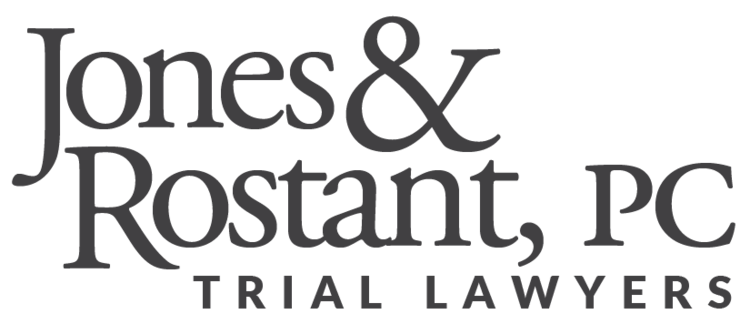Biopsy Tissue Mix-Up Led to Unnecessary Mastectomy
The plaintiff, a 53-year-old woman, began experiencing pain and tenderness in her right breast in November 2011. A mammogram revealed scattered fibroglandular elements within the breast parenchyma. A targeted ultrasound revealed a solid nodule that could “represent either an intramammary lymph node or small fibroadenoma.” Against this backdrop, a surgical consultation for a breast biopsy was obtained from the defendant doctor, a breast surgeon.
Plaintiff underwent the biopsy in defendant surgeon’s office on Nov. 21, 2011. Defendant surgeon’s agents and /or employees labeled plaintiff’s tissue samples and sentthem to defendantlaboratory for analysis. Defendant surgeon and defendant laboratory were both agents of the same healthcare organization, a hospital in the Maryland, District of Columbia and Virginia area.That same day, defendant surgeon had performed breast biopsies on other women and sent their tissues to defendant laboratory, as well.Approximately one week later, defendant surgeon called plaintiff to inform her that her breast biopsy was positive for breast cancer.
After learning the devastating news, plaintiff decided to undergo a mastectomy, to be followed by chemotherapy. However, because defendant doctor did not participate in her health insurance plan, plaintiff went to another breast surgeon at a neighboring institution,for that treatment. Plaintiff took her imaging studies and biopsy results to the second breast surgeon, who performed a mastectomy, removed four lymph nodes for biopsy and inserted an intravenous catheter for chemotherapy. Following the surgery, plaintiff’s lymph node and breast tissues were sent to the pathology department for a standard analysis of tissue. However, a pathological review of the lymph node tissue biopsies was negative and there was no evidence of malignancy found in the breast tissue from the mastectomy.
The surgeon who performed the breast surgery refused to move forward with chemotherapy until she was able to confirm the mastectomy and lymph node tissue came from the plaintiff. After obtaining DNA testing,the surgeon who performed the breast surgery confirmed that the mastectomy and lymph node tissue was indeed that of the plaintiff. Confused by the initial positive biopsy results, she sought and obtained plaintiff’s original biopsy tissue blocks from defendant laboratory. DNA testing of those samples revealed the earlier positive biopsy tissue did not belong to the plaintiff. The positive biopsy tissue sample had simply been mislabeled with the plaintiff’s name.
Plaintiff never had breast cancer. Plaintiff alleged that the defendant surgeon and/or the defendant laboratory did not properly label and handle the biopsy specimen taken from the plaintiff. As a result of that negligence, plaintiff received the horrifying news that she had breast cancer and endured the mental anguish of receiving and living with that news. She underwent a wholly unnecessary mastectomy, lymph node biopsies, placement of an intravenous catheter and a long and complicated breast reconstruction.
Before filing suit, counsel sent a demand letter to the insurance carrier for defendant surgeon and defendant laboratory. Included in the demand package was a courtesy copy of a complaint and initial discovery, which plaintiff intended to file imminently. The case resolved without the necessity of filing the lawsuit.
[13-T-185]
